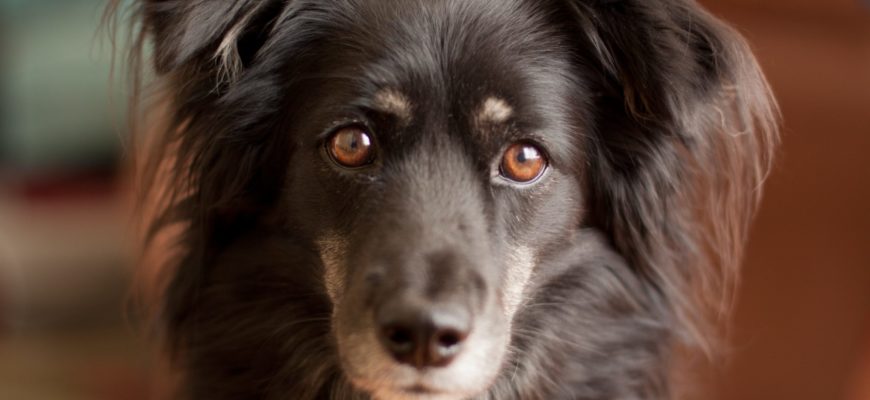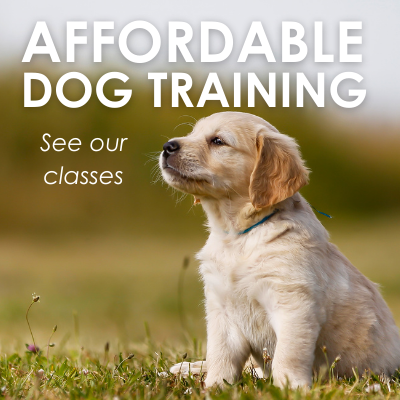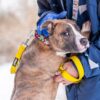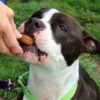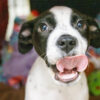Why teach “Watch”?
Because getting your dog’s focus with a single word is very useful. You can distract him from enticing trash in the street, for example, or keep his eyes on you when walking past another dog. Plus, dogs that are rewarded for paying attention do it more. And attentive dogs are easier to train.
How to teach “Watch”
Step 1. Grab a bunch of small, delicious treats. Face your dog—he can be sitting, lying down, or standing.
Step 2. At first, praise and treat your dog for looking at your feet or for turning in your direction.
Next, wait for something a little better, maybe your knees. Once you have something better, don’t reward for anything below that point.
The progression might look like this:
- Dog looks at your feet. Praise and treat.
- Dog looks at your knees. Praise and treat.
- Dog looks at your waist. Praise and treat.
- Dog looks at your face. Praise and reward with a big jackpot of many treats.
Progress can be fast or slow, depending on the day. But your dog doesn’t know what you want until he has been rewarded for it many times, so keep practicing.
Step 3. When your dog figures out that looking at your face earns him a treat (when he gets his treat and immediately looks at you again), begin to train a longer watch. Do this by pausing a second after your dog looks at you before you praise and treat. Next, pause for two seconds before you praise and treat, and so on. When your dog can hold eye contact for 3 seconds, he is ready for the verbal cue.
Step 4. First praise and treat your dog for looking you in the eye to get him interested in the training. Then, a second before he looks at you (you have to anticipate the moment), say, “Watch.” When he looks up, immediately praise and treat. Repeat many times.
After a few practice sessions, try telling your dog, “Watch” at a time when he is not expecting it. If he immediately looks you in the eye, you have successfully trained watch. Otherwise, keep at it.
Training Tip: Place your treats somewhere behind you or out of your dog’s view, so he doesn’t look at the treats instead of you. If he continues to look at the hand you are treating from, just wait. He will stop trying that eventually and look back up at you.
Troubleshooting: If your dog seems bored or distracted, you may be asking too much too soon. Lower your standards so you can praise and treat more often. Getting something right and being rewarded is fun for your dog and keeps him interested in the training.
Used with permission by Harmony Dog Training




